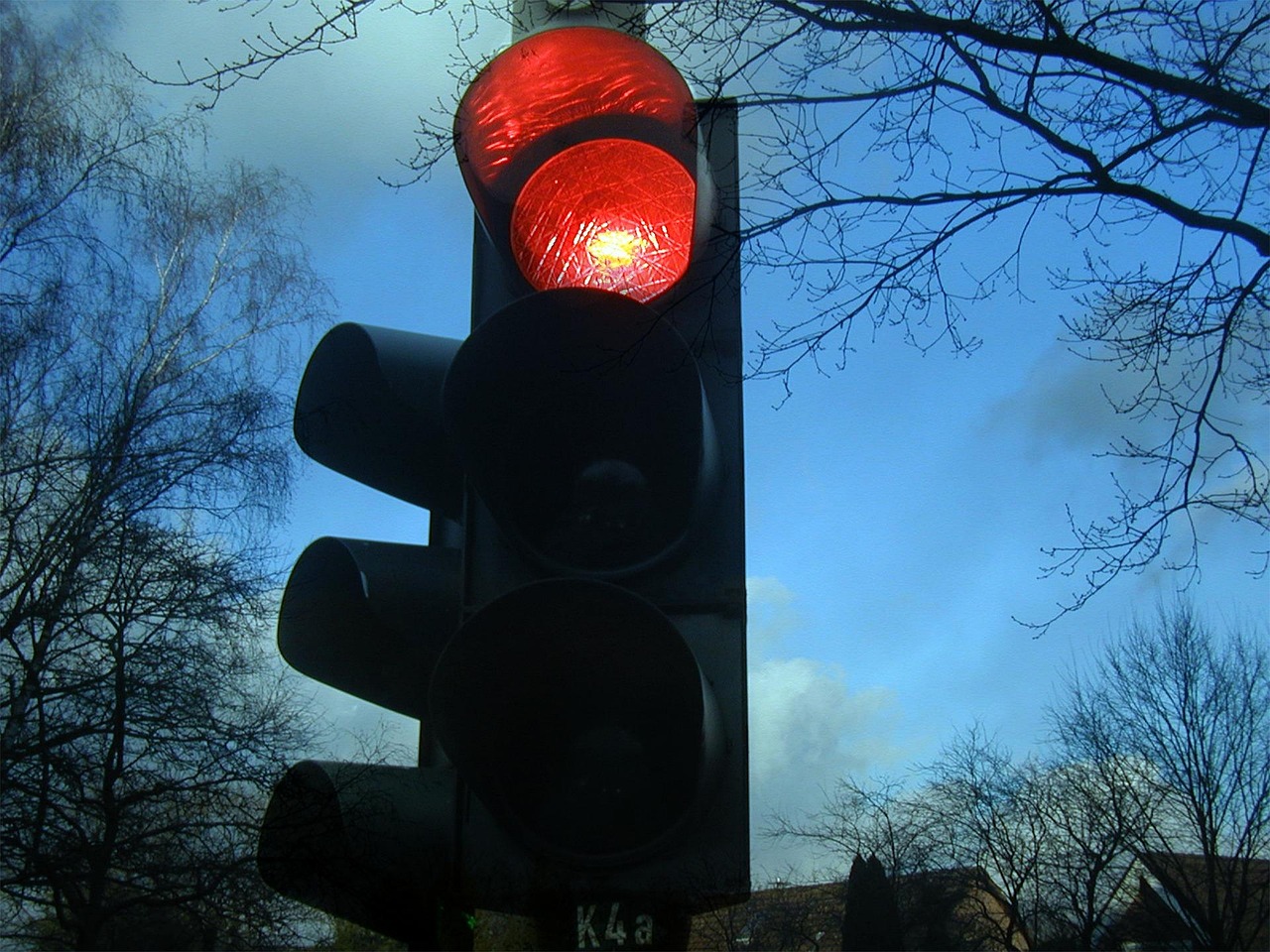PPC vs SEO for website traffic and Digital Marketing explained
Contents [hide]
- 1 PPC vs SEO for website traffic, and more…
- 2 Unlocking Website Traffic: PPC vs. SEO in New York City
- 3 More on PPC vs SEO for website traffic…
- 4 PPC vs SEO: Breaking Down the Costs for Effective Digital...
- 5 Comprehensive Local SEO Audits | Comprehensive Local SEO Audits: Empowering...
- 6 Using Long-tail Keywords In Content ~ Unlocking Your Omaha Business's...
PPC vs SEO for website traffic, and more…
Choose PPC for Immediate Impact and Targeted Results:
- Rapid Results: PPC campaigns can deliver instant traffic and conversions within minutes of activation, making them ideal for time-sensitive initiatives.
- Budget Flexibility: PPC allows you to set daily or monthly budgets, giving you control over your marketing spend and ensuring you stay within your financial constraints.
- Keyword Targeting Precision: PPC enables you to target specific keywords that potential customers are searching for, increasing the relevance and effectiveness of your ads.
Choose SEO for Long-Term Growth and Brand Authority:
- Sustainable Results: SEO investments yield long-term benefits as your website gains visibility and ranking over time, providing a steady stream of organic traffic.
- Brand Building: SEO helps establish your business as a thought leader and authority in your industry, enhancing trust and credibility.
- Qualified Traffic: SEO optimizes your website for relevant search queries, attracting visitors who are actively interested in your products or services.
Leverage New York City’s Vast Market for Success:
- Massive Population: With its bustling population of over 8.8 million, New York City offers an enormous pool of potential customers for your business.
- Localized Targeting: PPC and SEO can be customized to target specific neighborhoods or zip codes within the city, allowing you to reach your local audience effectively.
Unlock the Power of Experimentation and Combination:
- Ad Format Variety: PPC offers a wide range of ad formats, including text, image, video, and shopping ads, giving you the flexibility to test and optimize for maximum impact.
- Time-Sensitive Campaigns: PPC is ideal for driving traffic quickly during promotions, sales, or special events.
- Combine PPC and SEO for Ultimate Impact: By integrating PPC and SEO, you can achieve a synergistic effect that amplifies your visibility, traffic, and conversions.
Unlocking Website Traffic: PPC vs. SEO in New York City
TL;DR – Too Long; Didn’t Read: Deciding between PPC (Pay-Per-Click) and SEO (Search Engine Optimization) for your website traffic in New York City can feel like choosing between pizza and pasta. Both are delicious, but they serve different purposes! PPC is like ordering a pizza for immediate satisfaction – you pay for clicks and get results instantly. SEO is like making pasta from scratch – it takes time, but it’s a more sustainable and cost-effective way to build a loyal following. The best choice for you depends on your goals, budget, and time frame.
Getting Your Website Noticed in the Big Apple
You’ve got a website for your business in New York City. It’s packed with information, looks great, and even has a few awesome photos of the Empire State Building. But you’re wondering, “How do I actually get people to find it?” This is where Digital Marketing comes in, and it’s all about connecting with your target audience online.
There are two main ways to do this:
- Pay-Per-Click (PPC): This is like buying an ad on a billboard – you pay for each click on your ad.
- Search Engine Optimization (SEO): This is like creating a super-useful website that people naturally want to share with their friends – you make your website more appealing to search engines so people can find it easier.
What’s the Buzz on PPC?
PPC advertising, like Google Ads, is all about quick wins. You create ads that show up when people search for specific keywords related to your business. If someone clicks your ad, you pay a small fee. This is great if you need to:
- Drive traffic quickly: If you have a time-sensitive sale or event, PPC is a great way to get people to your website quickly.
- Target specific keywords: You can target specific keywords that are relevant to your business. For example, if you sell flowers in New York City, you can target keywords like “flower delivery NYC” or “wedding flowers Manhattan.”
- Experiment with different ad formats: PPC allows you to try different ad formats, like text ads, image ads, and video ads, to see what performs best.
But it’s important to consider the downsides:
- You pay for each click: This can get expensive, especially if you’re bidding on popular keywords.
- Your ads might not be seen: If your bids are low, your ads might not show up in search results.
- Ads can be intrusive: Some people find ads annoying, so they might not click on them.
SEO: The Steady and Sustainable Approach
SEO is like planting a tree – it takes time to grow, but it’s a strong foundation for the future. You optimize your website and content to rank higher in search engine results (like Google). This means:
- Free and organic traffic: You don’t pay for each click, so you can get more traffic for free.
- Long-term results: Once you’ve done the work, you can continue to see results for a long time.
- Builds credibility: Ranking high in search results shows people that your website is trustworthy and relevant.
But SEO also has its challenges:
- Takes time to see results: It can take months to see significant results from SEO efforts.
- Requires ongoing effort: You need to keep updating your website and content to maintain your ranking.
- Competitive landscape: There are many other websites trying to rank for the same keywords, so it can be tough to stand out.
When to Choose What?
So, which one is right for you? It depends on your needs and goals. Here’s a quick breakdown:
Choose PPC if:
- You need immediate results
- You have a limited budget
- You want to target specific keywords
Choose SEO if:
- You want long-term results
- You want to build brand awareness
- You want to attract qualified traffic
Don’t forget the New York City advantage:
Think about the massive population of New York City. Imagine targeting keywords like “Best Italian Restaurants in Manhattan” or “Hair Salons in Brooklyn.” The potential for traffic is HUGE! But remember, competition is fierce in the city that never sleeps.
Combining PPC and SEO: The Power of Two
The best way to get the most out of your Digital Marketing is to combine PPC and SEO. Think of it like having both pizza and pasta at the same time! You get the immediate benefits of PPC with the long-term benefits of SEO. This strategy:
- Boosts website traffic: You can reach more people through both paid and organic channels.
- Improves ROI: You can track the effectiveness of both strategies and make adjustments as needed.
- Creates a sustainable growth strategy: You can build a solid foundation for your website and attract more customers over time.
How We Can Help
Whether you’re a small business or a large corporation, our Digital Marketing experts can help you create a winning strategy that combines PPC and SEO to drive traffic and grow your business in New York City (or anywhere else in the world!).
Summary:
Choosing between PPC and SEO is like choosing your favorite flavor of pizza! Both can be delicious, but they serve different purposes. PPC is great for quick wins and targeting specific keywords, while SEO is a long-term investment that builds credibility and attracts organic traffic. In the vibrant world of New York City, a combination of PPC and SEO is like having the best of both worlds – a winning recipe for success!
Remember, even if you aren’t based in New York City, the principles of PPC vs. SEO still apply! We can help you achieve your website traffic goals, no matter where you are. Let’s talk about how we can create a custom digital marketing plan just for you!
More on PPC vs SEO for website traffic…
- PPC vs SEO
- SEO vs PPC
- Digital marketing
- Website traffic
- Search engine optimization
- Pay-per-click
- Search engine marketing
- Cost-per-mile
- Return on investment
- Conversion rate
- Lead generation
- Website analytics
- Keyword research
- Content marketing
- Social media marketing
- Email marketing


